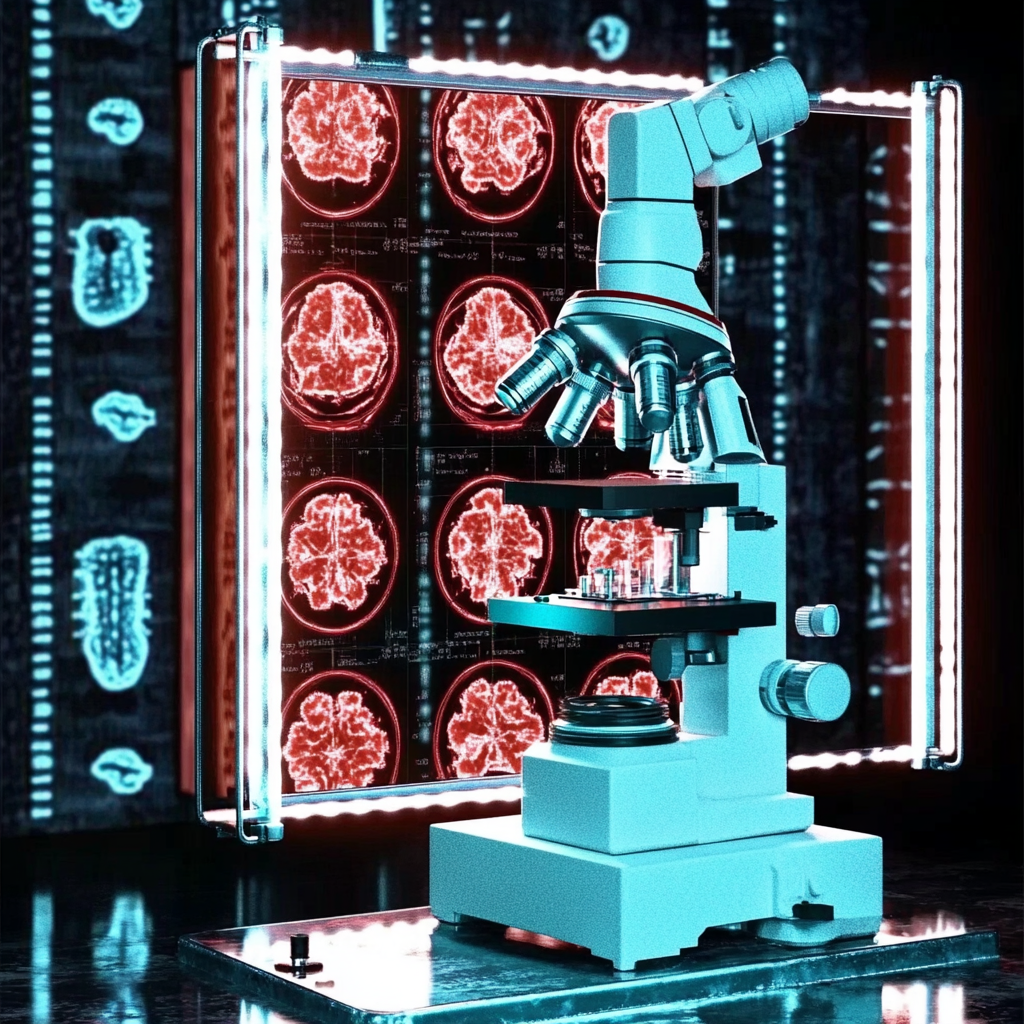Pilot Study on Direct MRCP for Gallstone Assessment
Background
Patients suspected of having gallstones usually get an abdominal ultrasound. However, if liver function tests (LFTs) are abnormal, they often undergo MRCP instead. This study explores whether MRCP can replace ultrasound, especially since new AI technologies may improve the accuracy of MRCP readings.
Method
Patients with suspected gallstone disease and abnormal LFTs were divided into two groups: one received direct MRCP, while the other followed standard care. We collected data on hospital visits, costs, and health outcomes. We also analyzed MRCP scans using specialized software.
Results
A total of 27 patients participated in the study over 12 months. The direct MRCP group had a quicker diagnosis, averaging 2.53 days and costing £449.54, compared to 4.18 days and £742.06 for standard care. The MRCP analysis revealed significant differences in gallbladder volume and cystic duct width between the two groups, indicating that direct MRCP may be more effective.
Conclusions
Direct MRCP appears to be a promising and cost-effective option for diagnosing suspected gallstone disease in patients with abnormal LFTs. The use of automated measurements could enhance detection of blockages. Further research with larger trials is needed to confirm these findings.
Clinical Trial Registration
This study is registered on ClinicalTrials.gov (NCT03709030) since October 17, 2018.
Value of Clinical Trials
Clinical trials are essential for developing safe and effective treatments. Our AI-driven platform, DocSym, helps integrate clinical standards and research into a single resource for healthcare providers.
Streamlining Healthcare
In today’s healthcare landscape, efficiency is key. Our mobile apps assist with scheduling, treatment monitoring, and telemedicine, simplifying patient care management.
Enhancing Patient Outcomes
By leveraging AI, clinics can improve workflows, enhance patient outcomes, and reduce paperwork. Discover how we can assist you at aidevmd.com.



























